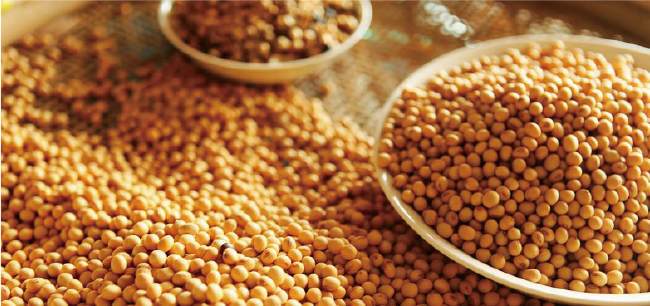9. Ethics and Genetically Modified Food
During last two decades recombinant DNA technology has been used to transform microbes, plants, and animals into new organisms with novel traits. Besides medical care, the main applications of this technology are for food and feed production. From 1996, GM crop acreage has increased steadily reaching 180 million hectors in the year 2016. The crops raised on the new acreage tend to be confined to four crops and are the products of five giant multinational agrochemical companies. Nearly 90 percent of the GM crops are grown at large farms of the Americas.
Investors and proponents of this new breeding technology claim that GM crops can reduce pesticide use and production costs, increase yields and thus help solve the global hunger problem. However, problems of the proliferation of super weeds/super bugs, contamination by GM crops, surge of seed prices, and cooperation control of seeds have hurt farmers to some extent in many countries. To deal with environmental impacts of GM crop production as well as the potential health risk of GM foods, different countries have taken different measures, such as GM food labeling, thus arousing tensions in the international trade talks. This forum offers opportunities to present and discuss all ethical aspects of the application of GM crops and foods.
基因改造食物與倫理
基因改造技術透過遺傳工程,重組、修飾微生物與動植物的DNA,以表現出前所未有的特性,其應用除了在醫療方面,主要是用來作為食物與飼料。從1996開始基改作物的種植面積穩定成長,至今已逾1.8億公頃,集中於四大類作物,率多由五家公司研發,近九成在美洲以大農制種植。
研發、支持者認為基改作物可以降低生產成本、提高產量解決世界飢餓問題、減少農藥使用、增加作物抗逆境能力、提高作物營養品質、基改食品無健康風險等好處。然而在全球各地也經常傳出反面的結果,包括基改作物種植導致雜草與害蟲產生抗性、基改作物汙染、基改種子價高、以及跨國公司掌控糧食/種子等讓各地農民有大小不一的傷害,基改作物的種植對環境產生衝擊、基改食品有健康風險等問題也讓各國對於基改作物的種植、基改食品的上市管理各有不同。本主題旨在討論基因改造作物與食物各層面的倫理問題。
責任編輯
郭華仁/國立臺灣大學農藝學系名譽教授
編輯委員
洪德欽/中研院歐美研究所教授
郭寶錚/國立中興大學農藝學系教授兼系主任


